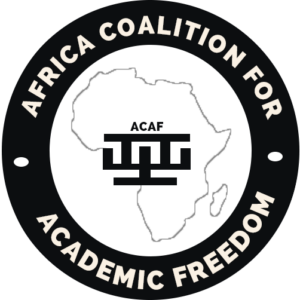Recent years have witnessed increasing concerns about state interference in African universities, presenting significant challenges to academic independence. The relationship between governments and higher education institutions remains complex, often affecting research integrity, curriculum development, and institutional autonomy.
Understanding what’s at stake is crucial. When states overstep their regulatory role and begin directly influencing academic affairs, the consequences ripple through entire institutions. We’ve observed impacts on:
- Research funding allocations
- Faculty appointments and tenure decisions
- Curriculum content and academic programs
- Student activism and expression
However, universities across Africa are developing innovative responses to these challenges. Some institutions have established strong governance structures that help maintain independence while maintaining constructive relationships with government stakeholders. Others have created international partnerships that provide additional layers of support and protection.
Looking ahead, protecting institutional autonomy requires strategic action. Universities need robust internal policies, strong academic leadership, and engaged faculty and student bodies who understand and can defend academic freedom principles.

